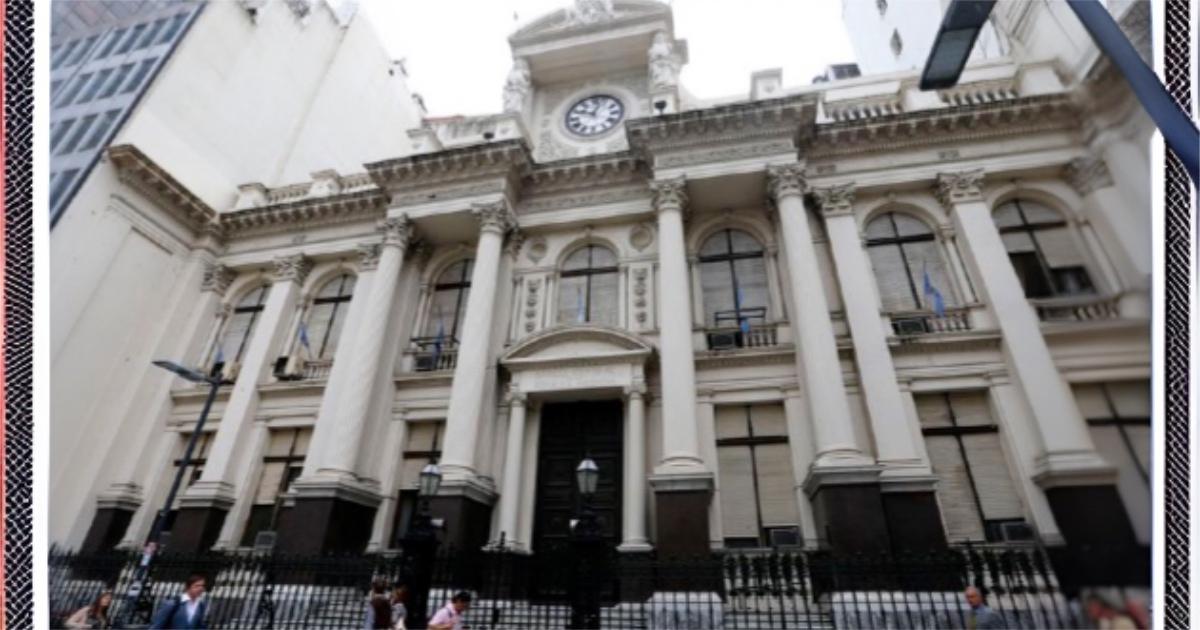Economic Turmoil and Political Transition
In Argentina, the transition of power from the Peronist duo of Sergio Massa and Alberto Fernández to libertarian economist Javier Milei unfolds against a backdrop of profound economic disarray. The outgoing administration bequeaths a legacy of fiscal recklessness and monetary mismanagement, plunging the country into an abyss from which recovery seems a Herculean task.
Former President Mauricio Macri’s recent remarks resonate with a bitter truth: the economic quagmire awaiting Milei is graver than what Macri himself had inherited from Cristina Fernández de Kirchner. It’s a stark indictment of Peronism’s ruinous tenure, a regime that has left Argentina’s economy teetering on the brink of collapse.
Legacy of Fiscal Recklessness and Monetary Mismanagement
The economic landscape is grim. A primary fiscal deficit of 3% of GDP and a total deficit surpassing 5% paint a picture of systemic financial imbalance. Spiraling public expenditure, now at 40% of GDP and double the rate during the Kirchner era, is punctuated by political spending accounting for a staggering 20% of the budget. The Argentine Institute of Fiscal Analysis points out the paradox of the previous administration’s austerity measures — a cutback in pensions, further exacerbating the financial plight of many Argentines.

Milei’s Radical Economic Inheritance
Massa and Fernández’s interventionist policies have left tangible scars: shortages of essential commodities like meat and gasoline in a nation rich in oil and livestock. It’s a situation that ironically echoes Milton Friedman’s forewarning about the perils of government-controlled pricing. Inflation, a relentless demon in Argentina’s fiscal saga, has soared to an alarming 140% annually, fueled by a more than 485% increase in the monetary base over five years. Such monetary expansionism has ravaged the Central Bank’s reserves, leaving it with negative net reserves of $12 billion and burdened with remunerated liabilities (Leliqs) threatening to stoke inflationary pressures further.
Proposed Solutions: Dollarization and Deregulation
Milei’s inheritance is a poisoned chalice — a bankrupt central bank, a currency in disarray, and a population where 40% live in poverty. His proposed solutions, radical yet perhaps necessary, include shutting down the central bank and dollarizing the economy. The rationale is clear: the Argentine peso has failed, rejected even by its citizens who prefer the stability of the US dollar for significant transactions. This nation is mired in currency chaos, with 15 different and fictitious exchange rates, each a tool for governmental expropriation.
Challenges and Opposition
The path forward for Milei is fraught with challenges. He must navigate a fiscal labyrinth, cutting political spending without eroding social safety nets. The necessity of selling inefficient state-owned enterprises and reducing political subsidies is paramount. Moreover, addressing the trade deficit requires slashing protectionist barriers and simplifying a convoluted system of multiple exchange rates.
In a country burdened by 165 different taxes, fiscal reform is urgent. Taxes must be reduced, and bureaucratic and protectionist barriers must be dismantled to foster a business environment where legal certainty and regulatory reliability reign supreme. Milei’s mission is to rescue Argentina from the clutches of socialism that has impoverished a once-rich nation. The journey will be arduous, beset with political opposition and systemic hurdles. But the vision of a prosperous Argentina, free from the shackles of a failed monetary system and a predatory state, is a goal worth striving for, and we are rooting for him. It’s a transformative journey.



